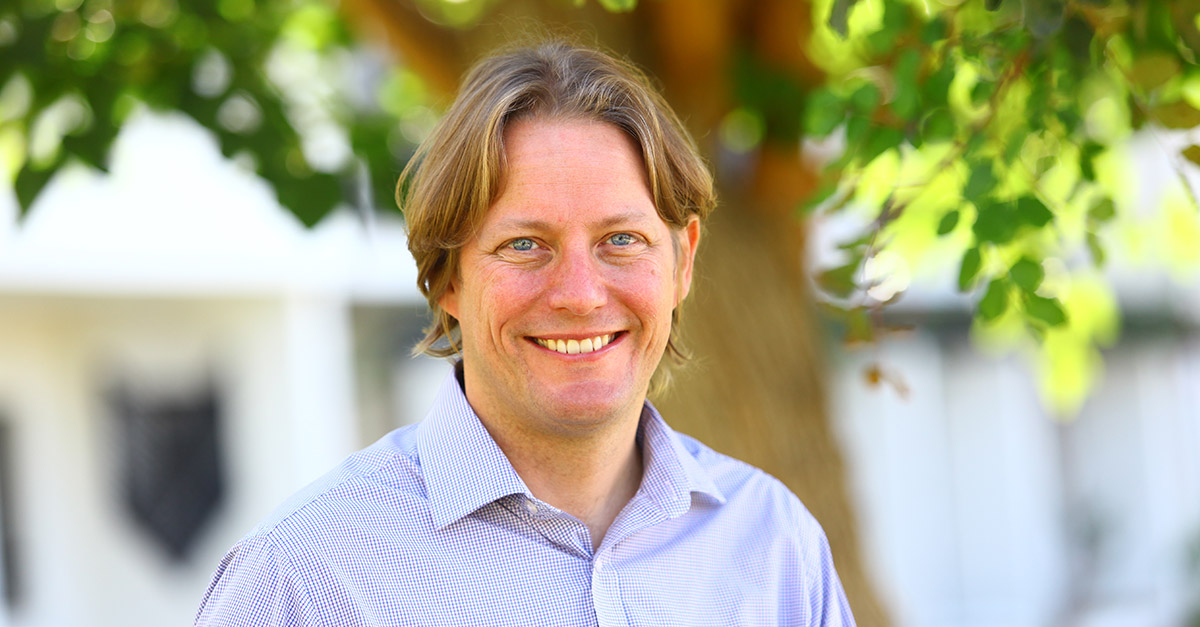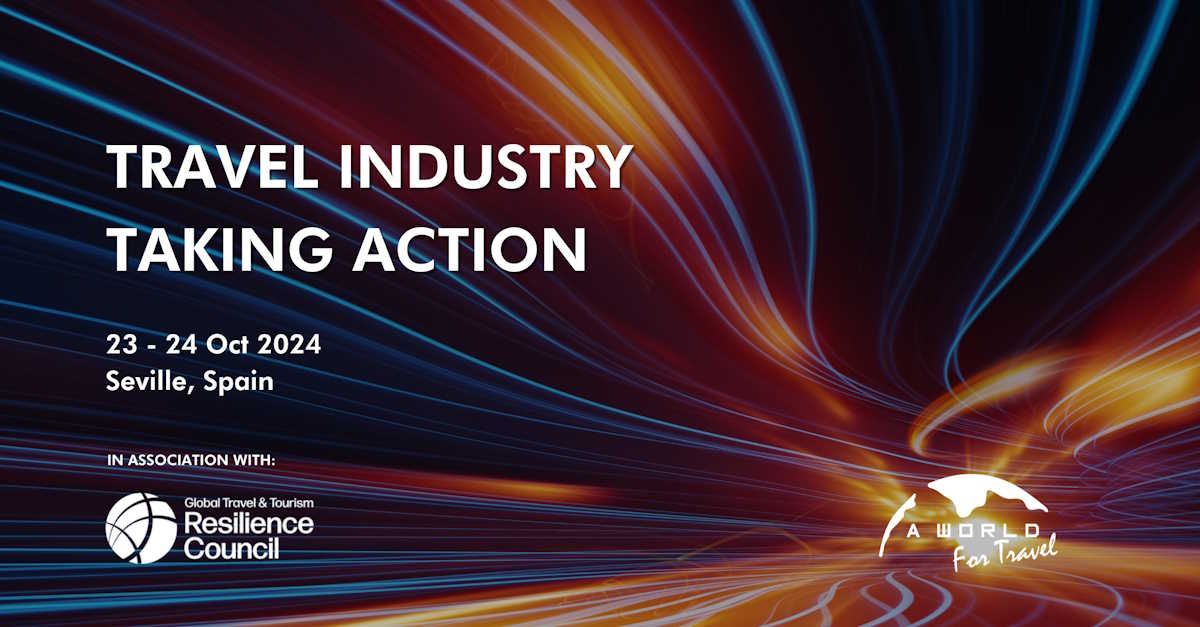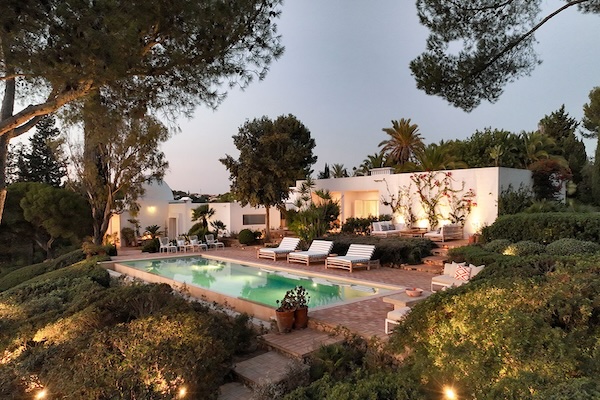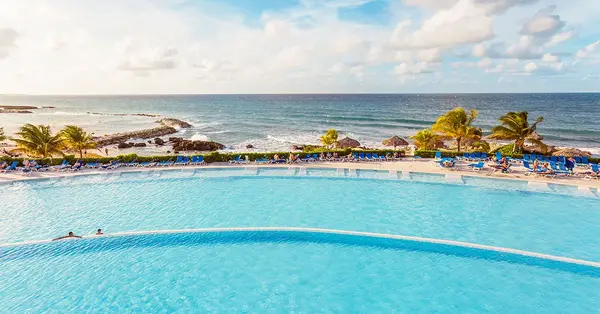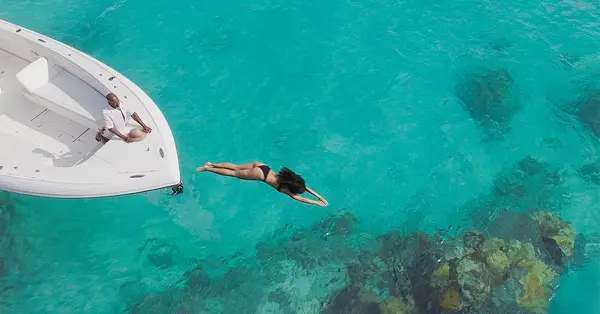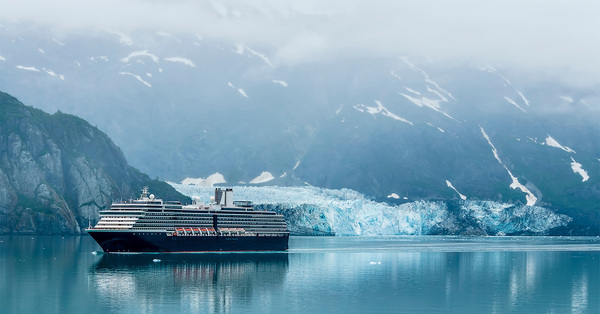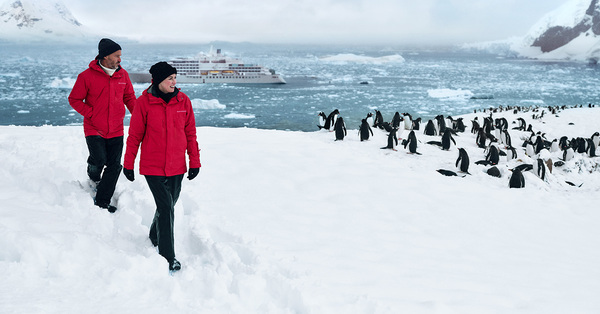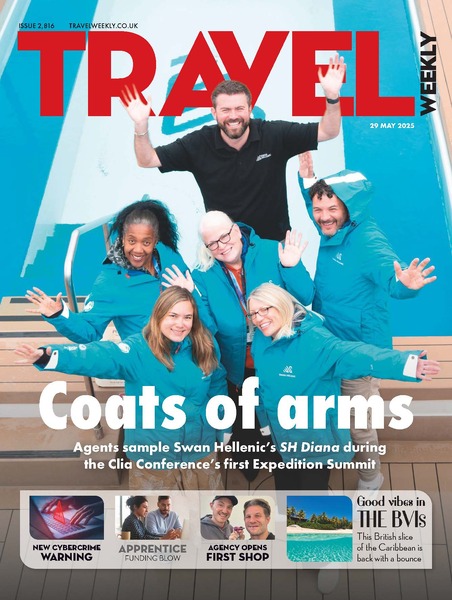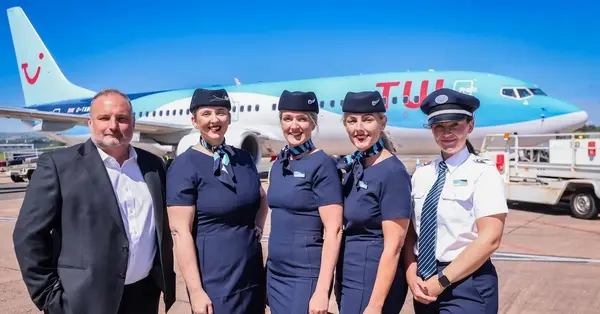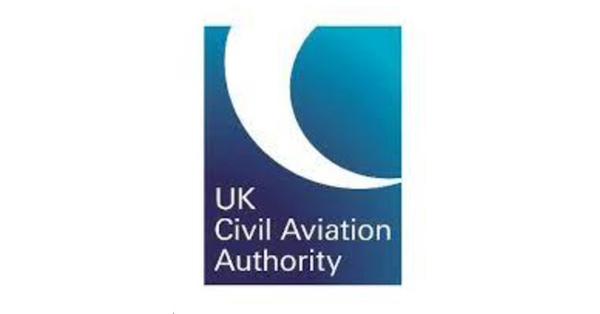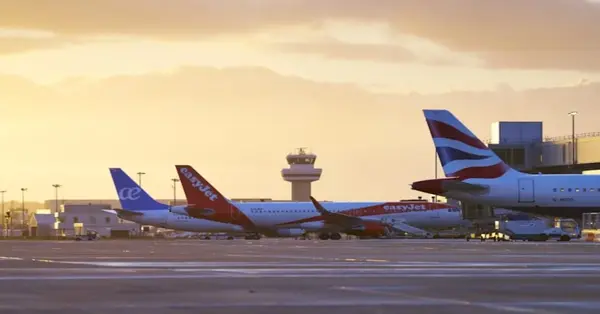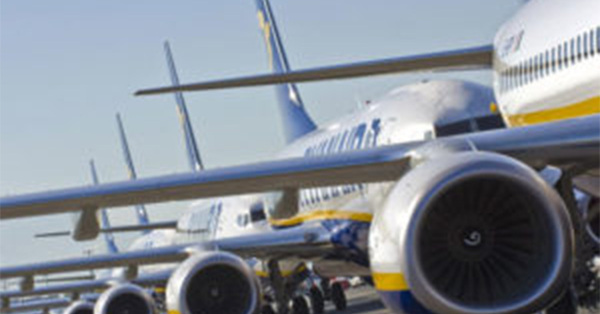You are viewing 1 of your 2 free articles
Overtourism protests ‘shocking and upsetting’, says Tui head of sustainability
Tui Group’s head of sustainability has described overtourism protests as “shocking and upsetting” and a sign that travel firms must work closely with destinations to “find the right solutions”.
Ian Corbett told Travel Weekly’s Sustainability Summit 2024 that Tui Group had a long history of cooperation with its destination partners and he outlined the need for that to continue.
“We recognise destinations have limits and it’s for those destinations to set those limits on the amount and type of tourism they want and we’ll work to that,” he said.
More: Interview: Tui Group head of sustainability Ian Corbett
This year, residents in Spanish destinations including the Canary Islands and the Balearic Islands have held large-scale protests about the impact of tourism on their communities.
Asked about the demonstrations, Corbett said: “It’s shocking and upsetting to see citizens anywhere move to protest on an issue you work so closely on day to day.”
He added: “What matters most is having openness and the spirit of working together to find the right solutions.”
Outlining Tui Group’s approach to sustainability in its hotel portfolio, Corbett highlighted the importance of science-based targets and spelled out the crucial role of energy efficiency.
“[A total of] 25% of our own hotels produce their own electricity on site,” he said.
He welcomed global plans to reach net-zero emissions by 2050, but noted immediate action was crucial.
“The 2050 [pledge] is a really important vision and goal, but it’s also potentially a delaying tactic,” he said.
He described 2030 as a significant “staging post” on the way to 2050, adding: “It’s an important step in the journey and that’s why we’re focused much more on that.”
Jose Gonzalez, senior director of sustainability for Europe at Clia, said he had been impressed with the cruise industry’s environmental efforts since his move into the sector from a broader shipping background.
“I’ve seen a massive effort coming from not only our members but also the stakeholders involved in the shipping industry,” he said, adding: “It’s been a beautiful surprise to see what the cruise industry is doing.”
He said “misconceptions” about the pollution caused by the shipping industry and its remedial actions were perhaps due to the industry’s failure to communicate effectively.
The cruise sector’s “rigorous” approach to pursuing alternative fuels was among the major elements of its environmental strategy, he said, as was the bid to increase the use of onshore electricity.
Patrick Borg Hedley, general manager for the UK and Ireland at Lufthansa Group, said the group was spending €2.5 billion a year on fleet modernisation.
“That is huge,” he said, adding: “We need aircraft to come faster.”

